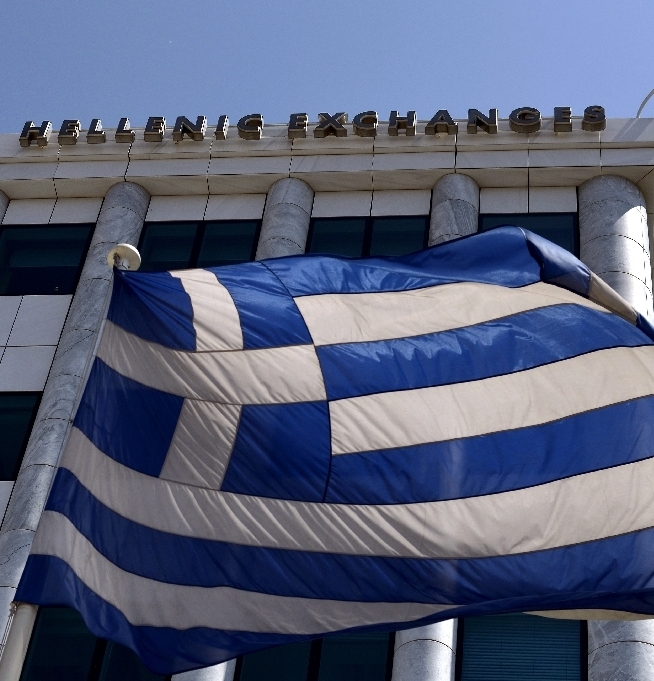Greece reaches deal with creditors on third bailout
Greece has reached a deal on a multibillion bailout with its international creditors, officials said, with the government planning to submit it to parliament later in the day. A finance ministry source told Agence France-Presse that the remaining details “do not affect the main body of the agreement." In the final stretch, Finance Minister Euclid Tsakalotos and Economy Minister Giorgos Stathakis spent nearly 22 hours talking to senior representatives from the European Union, the European Central Bank, the International Monetary Fund and the European Stability Mechanism to finalize the list of new reforms required of the Greek government in exchange for a lifeline of up to 86 billion euros ($94 billion).
Finally, we have white smoke.
One unnamed official
The marathon negotiations dragged on into the wee hours of Tuesday, with government sources saying that Athens had agreed on fiscal targets for the next three years. Athens committed to a primary deficit of 0.25 percent of output in 2015 and a surplus in 2016, meaning that no new fiscal measures will be necessary until then, the source said. The Kathimerini daily said the Greek government would have to immediately implement 35 measures before the deal can kick in. These include energy market deregulation, changes to tonnage tax for shipping firms, price cuts in generic drugs, a review of the social welfare system, phasing out early retirement and implementing market reforms proposed by the Organization for Economic Cooperation and Development (OECD).
The more money is handed out in one stroke, the less leverage one has to stop payments if the reform process in Greece does not pan out as planned and promised.
Ralph Brinkhaus, a senior ally of Angela Merkel

Business Greece bailout